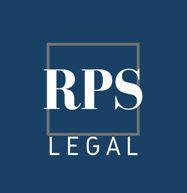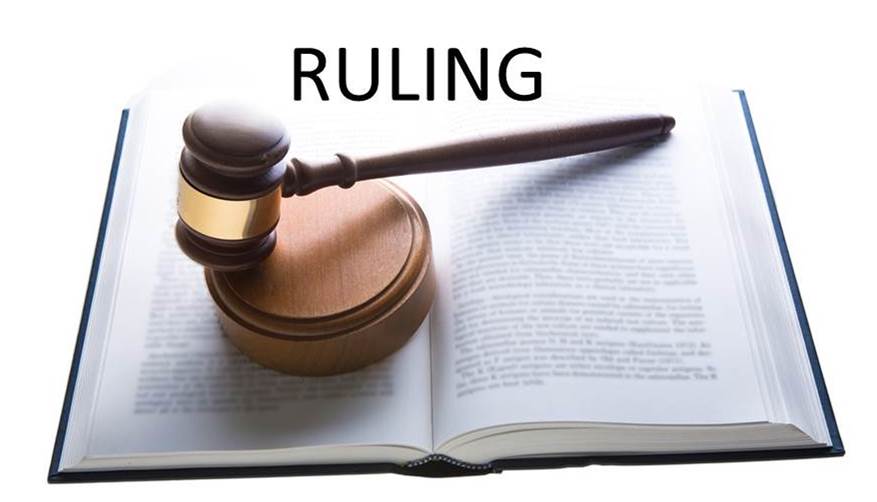Any person that comes to work in the Netherlands, meets certain conditions and makes extra charges is entitled to benefit from the so-called extraterritorial costs, which represent a compensation for extraterritorial expenses incurred, in an amount of 30% of the salary earned.
Details about the 30% ruling in the Netherlands
The 30% ruling in the Netherlands is the colloquial name for the free allowance for extraterritorial costs and is regulated by the Wage Tax Act of 1964. The scheme targets the costs incurred by employees to relocate and integrate into this country and it aims to achieve the control of highly educated persons and experts on the Dutch labor market, being often used as a wedge in salary negotiations.
In order to be eligible for the 30% ruling, a newcomer in the Netherlands must fulfill certain conditions. It is advisable to check as soon as possible the granting policy for the 30% ruling and to explore in depth its advantages. Our Dutch accounting firm can help you familiarize with the application procedures and with the relevant aspects of the legislations which allows you to profit from this fiscal benefit.
| Quick Facts | |
|---|---|
| Types of employees covered by the ruling | The 30% ruling is available for highly-skilled migrant workers. |
|
Requirements to be met by employees |
Employees must: – be specialists in their field; – qualify for the expat worker requirements; – obtain a 305 ruling decision from the Dutch Tax Office |
|
Specific requirements to be met by Dutch employers (if any) |
Employers must agree to the conditions of the ruling. |
| Specific law for application (if any) | Standard for Remuneration Law |
| Type of income covered by the ruling |
The Dutch 30% ruling applies to the gross salary. |
| Minimum salary requirement (YES/NO) |
Yes, the employee must be offered a minimum salary established by law in order to be covered by the ruling. |
| Applicability of the rule |
The employer pays 30% of the employee’s salary as an allowance free of any tax. |
| Exceptions to the rule (if any) |
Commuting employees living less than 150 km away from the border with the Netherlands. |
| Application requirements |
The application for the 30% ruling must be filed together by the employer and employee. |
| Documents to be filed by the employee |
– valid passport and work/residence permit of the employee; – work contract; – local address; – proof of residency in another country at the time of receiving the work offer |
| Documents to be filed by the Dutch employer |
– company information that must include the tax identification number; – declaration of agreeing to the application of the 30% ruling |
| Applicability in case of changing the employer (YES/NO) |
Yes, provided the conditions of the ruling are still met. |
| Benefits of the 30% ruling |
– access to other tax-free allowances; – availability of the partial non-resident status; – the tax allowance can be claimed retrospectively |
| Validity of the ruling |
5 years |
| Payroll support | Yes, our accountants in the Netherlands offer payroll services. |
Conditions for applying for the 30% ruling in the Netherlands
In order to be eligible for the 30% ruling in the Netherlands, a person needs to meet the following conditions:
– There must be a transmitted or received worker involved
– The received/transferred employee must possess specific expertise (completed by a salary standard and specific testing)
– The incoming employee must not have lived within 150 km of the Dutch border in the last 2 years prior to becoming a Dutch employee;
– Both employer and employee must agree on the 30% ruling in the Netherlands and both of them must apply for this regulation. In case the employee is eligible, his gross salary is reduced by 30%;
– The employee must have a rarely available experience or expertise in certain fields in the Netherlands, which shall meet several aspects, such as salary, age, education, level of employment, employment history;
– The employee’s gross annual salary shall be at least EUR 36,378 (as established since January 2014) or at least EUR 27,653 in case the employee has a Master degree and is younger than 30 years old. However, this income rule is not taken into account for certain employment fields, such as scientific education or doctors in training.
In order to establish which conditions apply to your particular situation you can call on one of our Dutch accountants, who can help you determine how the 30% ruling may work for you. Our consultants can help with information which you can use in negotiating your salary.
Advantages of the 30% ruling in the Netherlands
Based on the conditions of the 30% ruling in the Netherlands, there are certainly derived advantages, for both employer and employee. The following list may give you an overall picture of how the scheme works and of its main benefits:
– The salary agreed between the two parties (employer and employee) is reduced by 30%, but the employee receives a 30% reduction in reimbursement for expenses;
– The possibility for the employer to provide a tax-free allowance in addition to the 30% for the school fees of the international school of the children;
– The possibility to opt for a partial non-resident taxpayer, which means that you will pay taxes according to the Tax Box 2 and Box 3, even though you are living in the Netherlands. From this category, real estate goods in the Netherlands and substantial shareholding in a Dutch company are exempted.Although the employer is not obliged to assign the 30% to the employer, this is the most common practice, because this financial benefit allows an employer to attract skilled workforce at the same costs. The tax allowance received by the employer is usually partially or totally passed on to the employer. Our Dutch accountants can help you develop an advantageous scheme for your company in order to profit from the 30% ruling system in the Netherlands.
We invite you to watch a comprehensive video about the 30% ruling in the Netherlands:
When can an employee apply for the 30% ruling in the Netherlands
To submit a request for the 30% ruling in the Netherlands, the incoming employee has a period of four months. If the procedure is requested within four months after the start of the Dutch employment, then the rules apply retroactively to the date of commencement of the Dutch employment. If the scheme is only applied after four months and the application meets all the requirements, then the scheme will apply from the month following that in which the request is received. When the conditions for implementation of the scheme are met, then the 30% ruling in Netherlands is applicable for a period 8 years.
You don’t have to maintain the same job in order to benefit from the 30% ruling. If you change your work place, you can still apply for an extension of the scheme if you continue to meet the requirements. Our accountants in Netherlands can explain what is the optimal time to apply for a 30% ruling in the Netherlands so that you can profit from all the advantages of this policy.
What income is eligible for the 30% ruling in the Netherlands?
The main source of income to which the 30% ruling applies is the gross salary. In certain conditions, other types of income may be eligible as well to enter this financial scheme. For example pension premiums, holiday allowance, bonuses, benefit packages and company cars fall under the 30% ruling.
Contact our Dutch accountants for further details about the 30% ruling in the Netherlands and find out whether you are eligible and which steps you need to follow.

